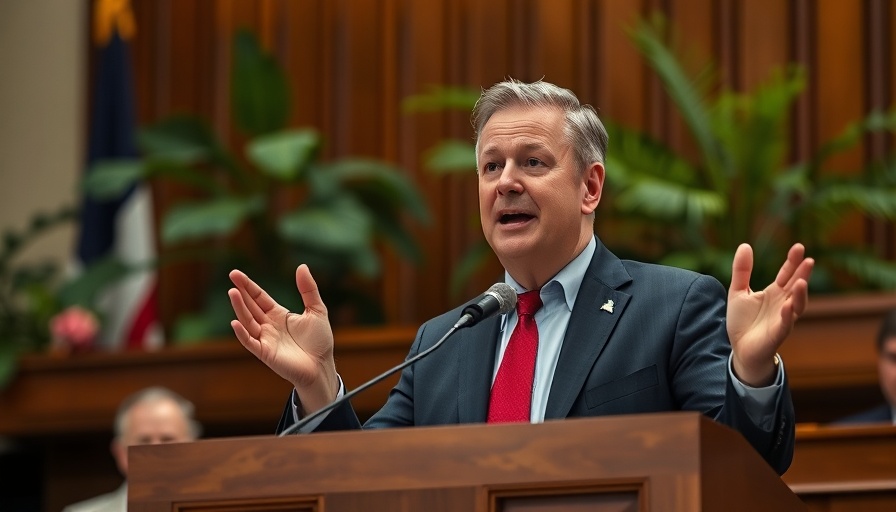
The Veto: A Critical Analysis of Kentucky's Abortion Bill
In a bold move, Kentucky Governor Andy Beshear vetoed a Republican-backed bill aimed at clarifying the state's near-total abortion ban, which has been the subject of heated debate since the U.S. Supreme Court's landmark decision to overturn Roe v. Wade in 2022. This veto aligns with Beshear's stance as an abortion-rights advocate, raising significant questions about the impact of such legislation on healthcare professionals and pregnant women alike.
Understanding the Bill: What Was Proposed?
The vetoed bill proposed creating a list of emergency situations allowing for exceptions to the state's strict abortion laws, ostensibly to protect the health of pregnant women experiencing severe complications. Supporters claimed that this would offer clarity and reassurance to doctors, who might fear legal repercussions for taking necessary actions in life-threatening circumstances.
However, Beshear argued that the bill ultimately undermined medical judgment and jeopardized the lives of women in critical situations. He countered that the proposed legislative guidelines could not encompass every possible medical emergency, leaving dangerous gaps in care. This critical analysis of legislative efforts to manage healthcare through legal means raises a vital question: Are such laws truly reflecting the complexities of medical practice?
Past Events Shaping Current Law
This veto is the latest chapter in Kentucky's struggle over reproductive rights, a struggle exacerbated by the Supreme Court's recent rulings that hand more power to individual states. Originally, Kentucky enacted a strict abortion ban when the Supreme Court overturned Roe v. Wade, leaving only limited exceptions for the health of the mother. The current political climate has heightened scrutiny of such laws and their implications for women's health.
Social Nexus: Public Sentiment Surrounding Abortion Laws
Public opinion remains deeply divided over abortion rights, with many advocates arguing that legislation should prioritize women's health and autonomy. Conversely, those opposing abortion often cite moral and ethical grounds for such restrictions. Kentucky’s political landscape starkly reflects this division, influencing both public policy and individual healthcare decisions.
Future Predictions: Trends in Reproductive Legislation
The vetoed bill may signify broader trends toward stricter reproductive laws in conservative states, but it also highlights the potential for pushback from constituents and public health advocates. As discussions surrounding reproductive rights continue to evolve, the balancing act between legislative authority and medical ethics will likely remain a contentious battleground. Future legislation may increasingly reflect public sentiment, particularly as more states navigate similar debates.
Making Informed Decisions: What It Means for Healthcare Providers
Healthcare providers in Kentucky must navigate a complex legal landscape, balancing their professional judgments against the law. Governor Beshear’s veto sheds light on the nuances that complicate these decisions, urging doctors to be ever-vigilant in an environment shaped by both healthcare needs and legislative constraints. Understanding the implications of such laws is crucial for practitioners dedicated to providing effective care.
Conclusion: The Call for Action
The veto of Kentucky's abortion bill presents a crucial opportunity for community engagement. Homeowners, renters, and community members in Davenport and Central Florida are encouraged to stay informed and advocate for policies that prioritize women's health and healthcare accessibility. Engaging in local discussions, attending town halls, and contacting lawmakers can be essential steps toward ensuring that health policies resonate with the needs of their communities.
Your voice matters in shaping the future of healthcare and reproductive rights. Participate in local community events, express your views to policymakers, and empower yourself with knowledge regarding your health rights. Together, we can influence change.
 Add Row
Add Row  Add
Add 






Write A Comment